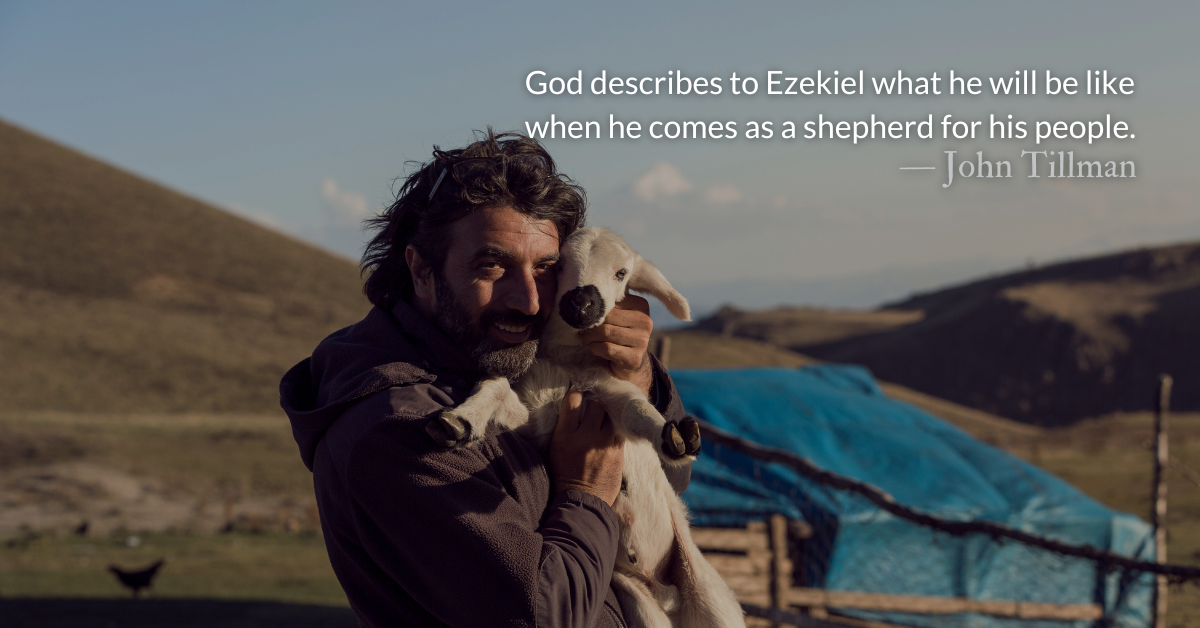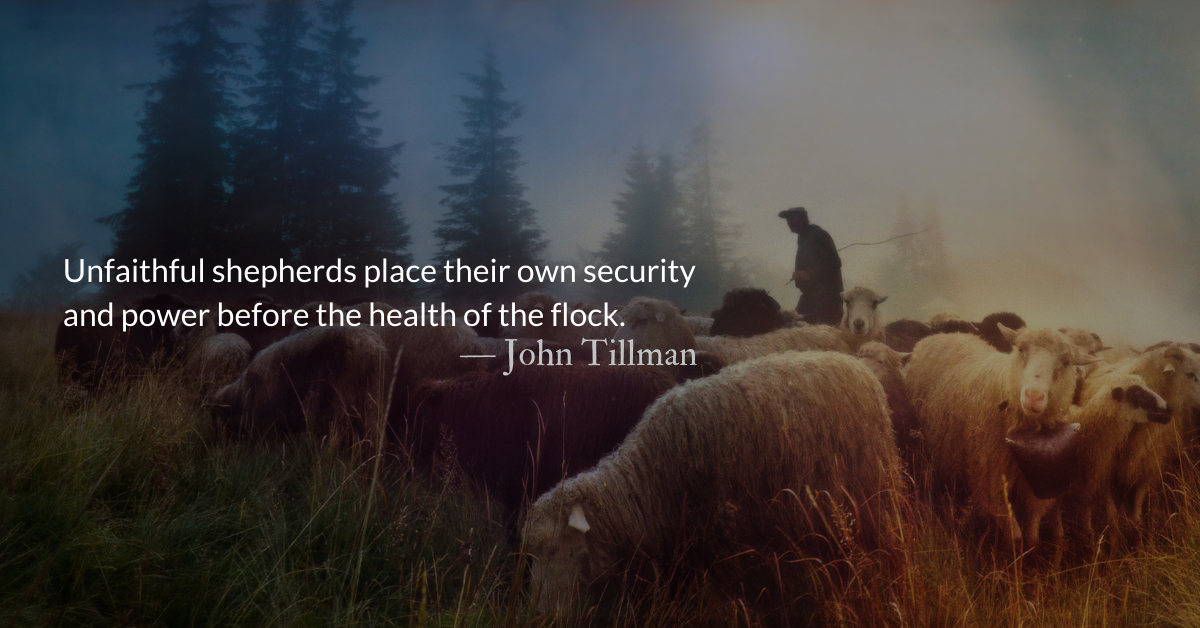Scripture Focus: 1 Timothy 6.2b-5, 9-10
2… These are the things you are to teach and insist on. 3 If anyone teaches otherwise and does not agree to the sound instruction of our Lord Jesus Christ and to godly teaching, 4 they are conceited and understand nothing. They have an unhealthy interest in controversies and quarrels about words that result in envy, strife, malicious talk, evil suspicions 5 and constant friction between people of corrupt mind, who have been robbed of the truth and who think that godliness is a means to financial gain.
9 Those who want to get rich fall into temptation and a trap and into many foolish and harmful desires that plunge people into ruin and destruction. 10 For the love of money is a root of all kinds of evil. Some people, eager for money, have wandered from the faith and pierced themselves with many griefs.
Ezekiel 34.2-4
Woe to you shepherds of Israel who only take care of yourselves! Should not shepherds take care of the flock? 3 You eat the curds, clothe yourselves with the wool and slaughter the choice animals, but you do not take care of the flock. 4 You have not strengthened the weak or healed the sick or bound up the injured. You have not brought back the strays or searched for the lost. You have ruled them harshly and brutally.
Reflection: Prayer For Faithful Shepherds
By John Tillman
Jesus had compassion on people who were “harassed and helpless, like sheep without a shepherd.” (Matthew 9.35-38) The weak in faith needed their wounds bound for healing. Instead, the religious leaders bound “up heavy burdens” and would not lift a finger to help. (Matthew 23.1-12)
Echoing Jesus, Paul makes it clear that unfaithful shepherds will be a reality that the church will need to deal with. (It is such a strong theme in 1 Timothy that we have touched on it twice this week already.) Our reading from Ezekiel also addresses false shepherds.
These unfaithful shepherds have many aspects in common. They are attracted to power and recognition. They demand control and authority. Service and selflessness are set aside. Mercy and humility are signs of weakness. They talk a big game about God’s law and “law and order” but fail to do justice or establish righteousness.
A leader doesn’t have to own a fleet of luxury vehicles to fleece his flock. There are other ways of being unfaithful beyond finances. We long for faithful shepherds. Unfaithful shepherds long for gains at our expense. We long for good leaders. But not many leaders long for our good.
God describes to Ezekiel what he will be like when he comes as a shepherd for his people. What he describes is both the opposite of Ezekiel’s experience and a promise fulfilled by Jesus’ earthly ministry. We have published a checklist based on Ezekiel 34.4-6 before as a “self-assessment tool” for shepherds. This week, we adapt that list as a way to pray for the shepherds and leaders in your life. Pray that they may embody these qualities and contact them with a word of encouragement to thank them for their faithfulness.
We pray, Lord, for shepherds who:
Do not shame the sick but heal them.
Do not subject the weak to abuse but strengthen them.
Do not ignore the bleats of the angry and hurt but tenderly call to them.
Do not scatter the doubtful with malice but search diligently to bring the lost home.
Do not crush dissenters with authority but tenderly guide and confront them with truth.
May our shepherds be more like Jesus and, under their guidance, may we be so as well. May our churches be known for mercy, humility, justice, and righteousness as we gather, feed, guide, protect, and heal the lost sheep loved by Christ.
Divine Hours Prayer: The Request for Presence
You are the Lord; do not withhold your compassion from me; let your love and your faithfulness keep me safe forever. — Psalm 40.12
– From The Divine Hours: Prayers for Summertime by Phyllis Tickle.
Today’s Readings
Ezekiel 34 (Listen 5:11)
1 Timothy 6 (Listen 3:16)
Read more about Choosing and Being Worthy Overseers
May we choose worthy overseers and, even if we never stand behind a pulpit, may we stand, representing Christ in a worthy manner.
Read more about Facing Wolves
A lack of humility or sensitivity makes them brutish, savage, and proud of it. A wolf glories in his teeth. Blood on his lips is a badge of honor.








